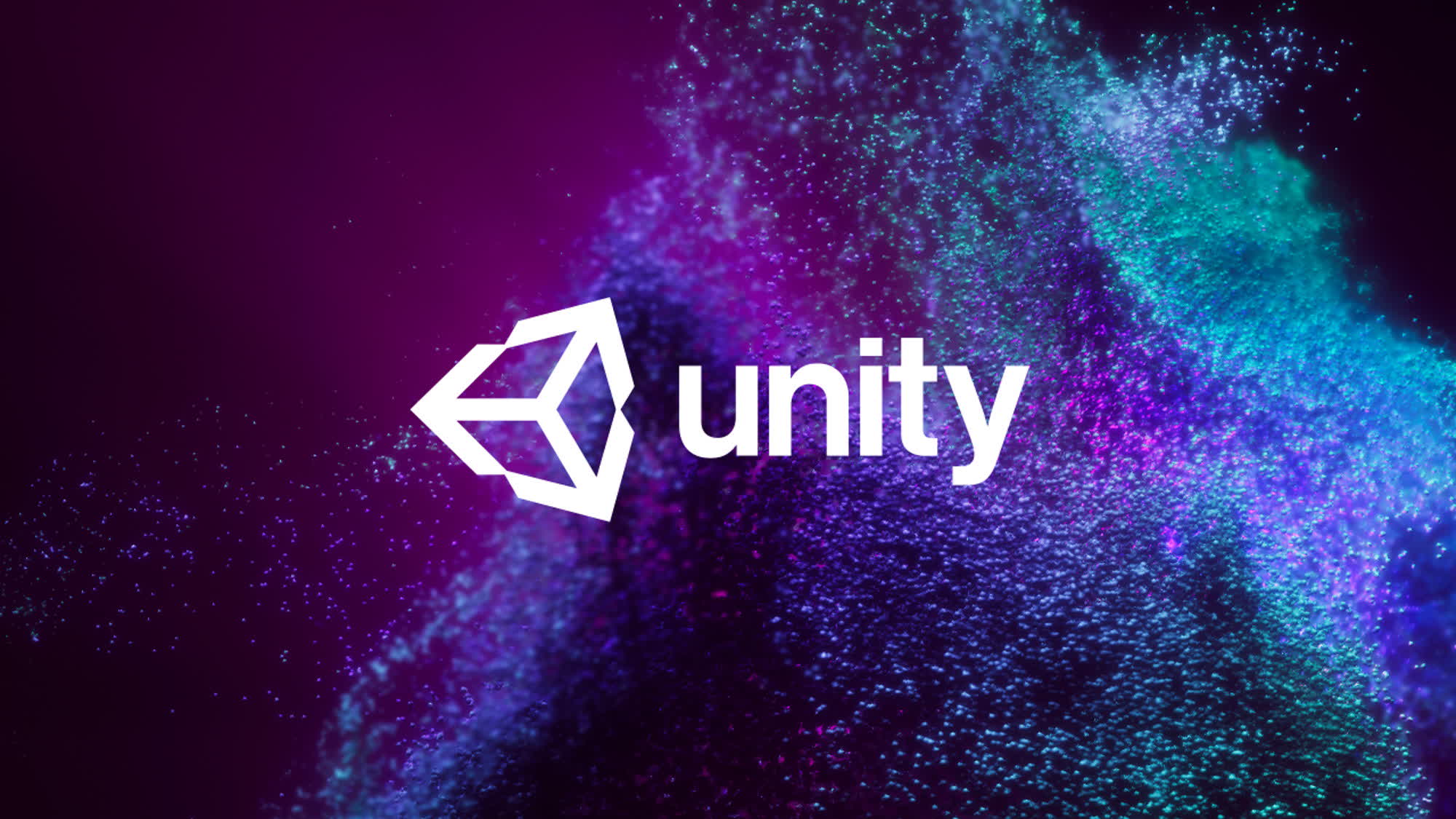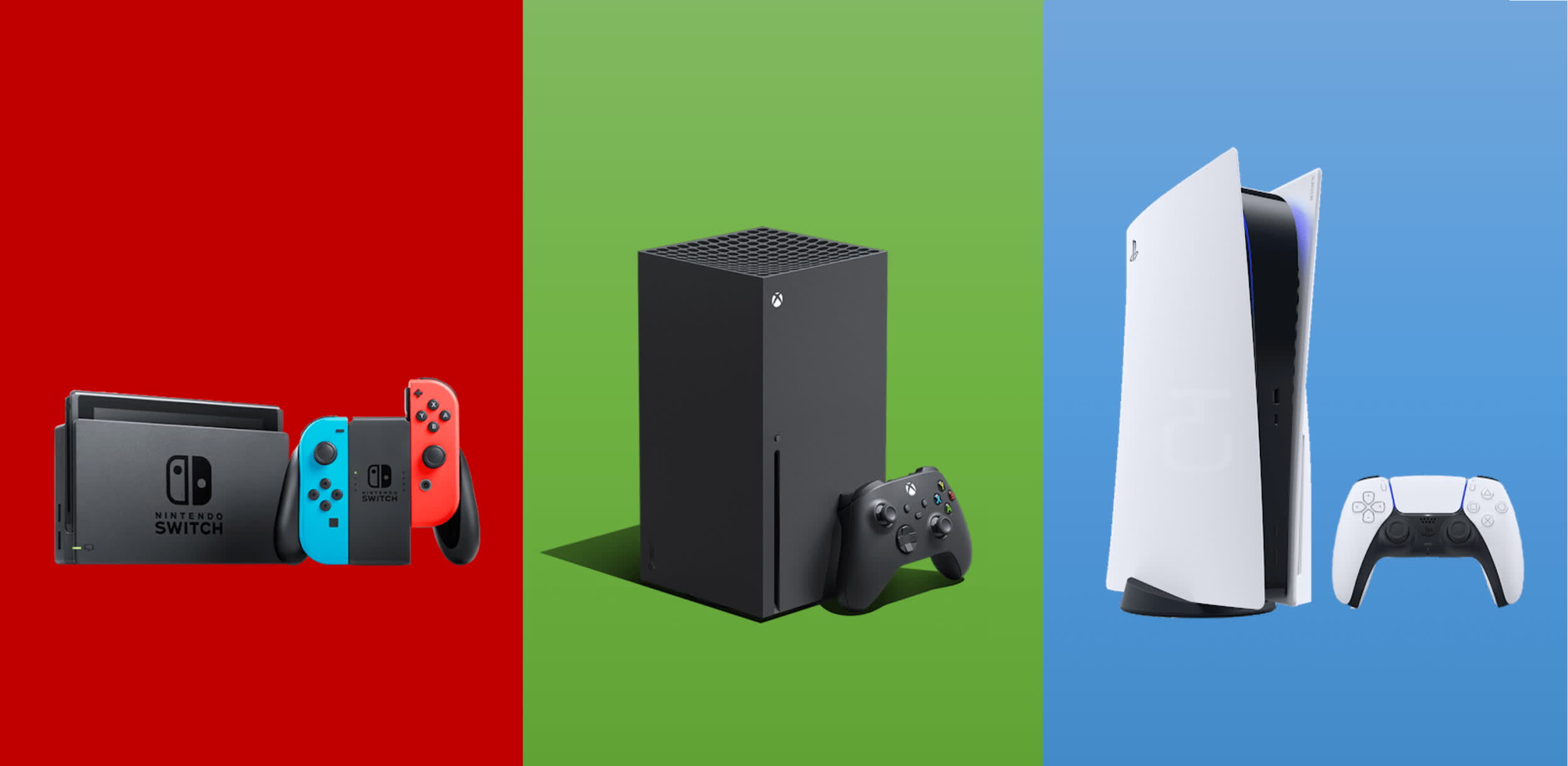A hot potato: Unity's shocking reveal of its new "Runtime Fee" still baffles the gaming world. A mix of confusion, rage, and uncertainty is spreading throughout the internet, and the latest update to Unity's official FAQs could bring even more chaos – and legal threats – to an already messy situation.

Unity Technologies unveiled its controversial Unity Runtime Fee a few days ago, and the entire gaming market is still trying to understand what to do with it. Game developers are mostly fuming against the additional fee, threatening to abandon the engine or remove their game from stores like Cult of the Lamb studio Massive Monster has threatened. Unity even closed its offices after a "credible" death threat. An investigation revealed one of its employees was behind the threat.
Now, it appears that Unity is even going to war against platform holders. A new FAQ update seemingly suggests that Unity will charge any "entity that distributes the runtime."

Unity's vaguely worded statement could be explosive, as every single copy of a game with Unity contains a Unity Runtime. Therefore, companies that provide the most popular digital delivery services for all the major gaming platforms would be charged with a waterfall of Unity Runtime Fee micro-payments.
The FAQ in question, which is still online at the time of writing, suggests corporations like Sony, Microsoft, Nintendo, Valve, and Epic cover the runtime fee for each game sale from digital stores on PlayStation, Xbox, Switch, and PC. So Unity has once again added more confusion because the same FAQ page indicates the fee applies to developers.

Unity clarified further the fee for developers worried about pirated copies of their games. The company said it would be "happy to work" with anyone who has been a victim of piracy, which suggests that game studios and indie devs would have to prove that non-paying customers downloaded some of their game runtimes.
Every new "clarification" statement made by Unity seemingly confirms the worst fears about the new runtime fee expressed by gamers and developers while becoming even more confusing and convoluted than necessary. The company is still experiencing many negative comments, statements, and threats against the new business model. Bringing the "Big Three" of the console market and PC giants like Valve into the fray has escalated the situation to unprecedented levels.